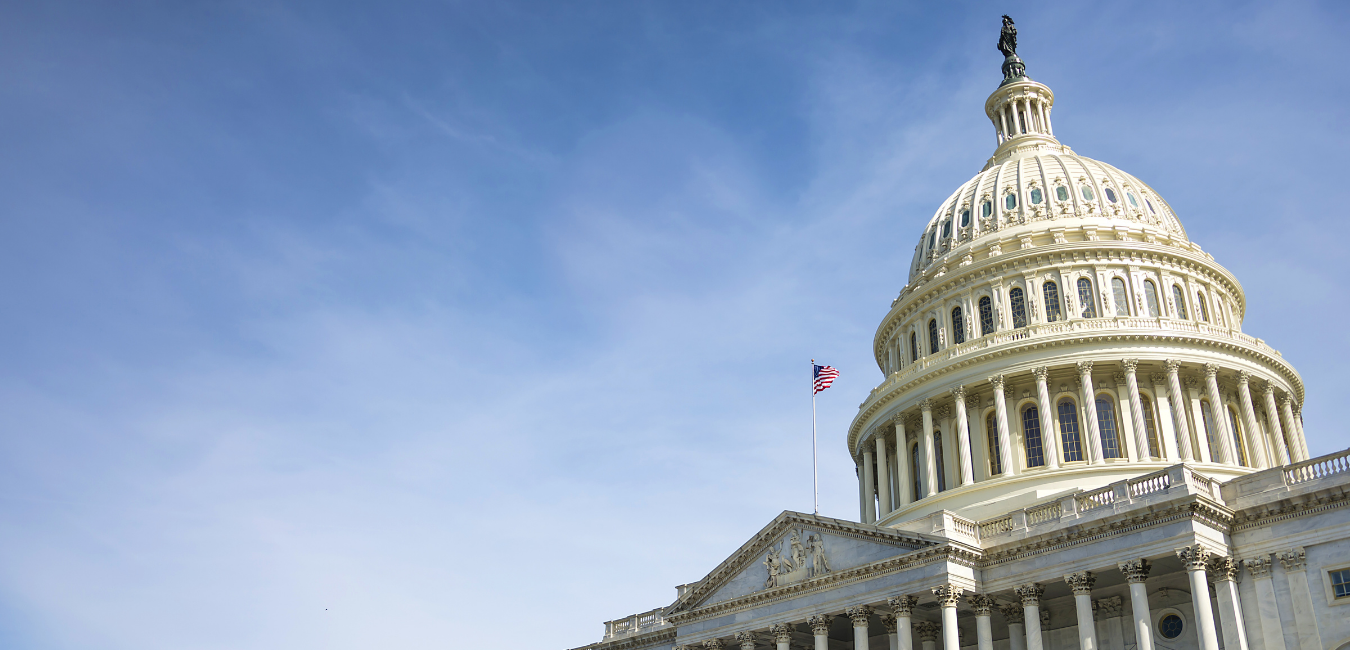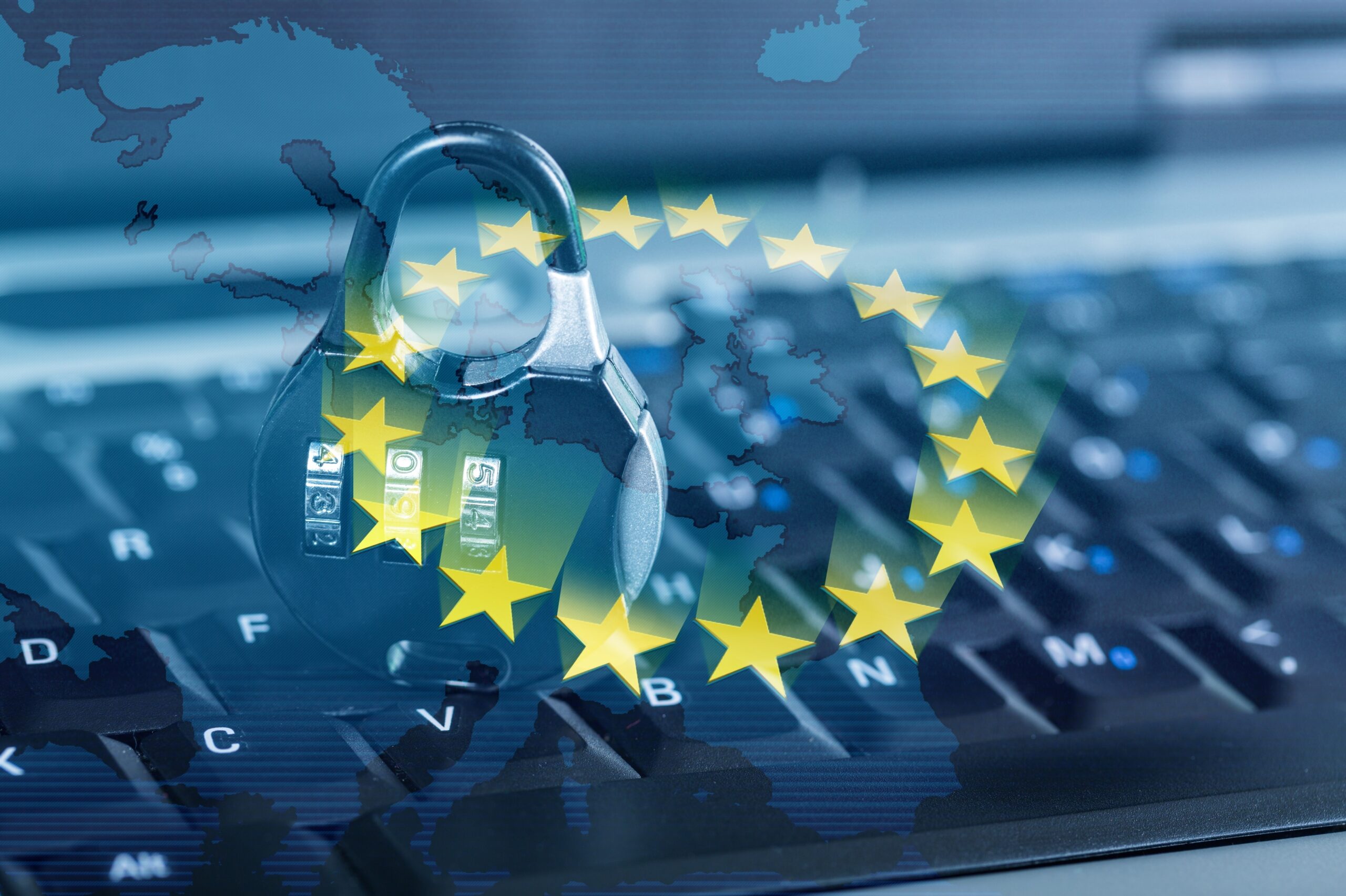
The PrivaSeer Project in 2023: Access to 1.4 million privacy policies in one searchable body of documents
In the summer of 2021, FPF announced our participation in a collaborative project with researchers from the Pennsylvania State University and the University of Michigan to develop and build a searchable database of privacy policies and other privacy-related documents, with the support of the National Science Foundation. This project, PrivaSeer, has since become an evolving, […]

A Blueprint for the Future: White House and States Issue Guidelines on AI and Generative AI
Since July 2023, eight U.S. states (California, Kansas, New Jersey, Oklahoma, Oregon, Pennsylvania, Virginia, and Wisconsin) and the White House have published executive orders (EOs) to support the responsible and ethical use of artificial intelligence (AI) systems, including generative AI. In response to the evolving AI landscape, these directives signal a growing recognition of the […]

ICYMI: FPF Webinar Discussed The Current State of Kids’ and Teens’ Privacy
Privacy by design for kids and teens has expanded across the globe. As policymakers, advocates, and companies grapple with the ever-changing landscape of youth privacy regulation, the Future of Privacy Forum recently hosted a webinar discussing the current state of kids’ and teens’ privacy policy. The webinar explored the current frameworks that are influential worldwide, […]

FPF Submits Comments with the National Telecommunications and Information Administration (NTIA) on Kids Online Health and Safety
On November 15, the Future of Privacy Forum filed comments with the National Telecommunications and Information Administration (NTIA) in response to their request for comment on Kids Online Health and Safety as part of the Biden-Harris Administration’s Interagency Task Force on Kids Online Health & Safety. Read the comments here. Young people increasingly engage with […]

FPF x NASSCOM Webinar Series
Future of Privacy Forum (FPF) and NASSCOM, India’s largest industry association for the IT-BPM sector, are co-hosting two webinars on the consent regime under India’s new Digital Personal Data Protection Act of 2023 (DPDPA). A key design feature of the DPDPA is its consent-centric approach. The aim of these webinars is to bring together views […]

Sponsorship Offerings at FPF
The Future of Privacy Forum (FPF) is a global non-profit organization that brings together industry, academics, civil society, policymakers, and other stakeholders to explore the challenges posed by technological innovation and develop privacy protections, ethical norms, and workable business practices. We are an independent and pragmatic voice for privacy regulation and take on the tough issues […]

Survey of Current Universal Opt-Out Mechanisms
With contributions from Aaron Massey, FPF Senior Policy Analyst and Technologist, Keir Lamont, Director for U.S. Legislation, and Tariq Yusuf, FPF Policy Intern Several technologies can help individuals configure their devices to automatically opt out of web services’ requests to sell or share personal information for targeted advertising. Seven state privacy laws require that organizations […]

Navigating Cross-Border Data Transfers in the Asia-Pacific region (APAC): Analyzing Legal Developments from 2021 to 2023
Today, the Future of Privacy Forum (FPF) published an Issue Brief comparatively analyzing cross-border data transfer provisions in new data protection laws in the Asia-Pacific. Titled Navigating Cross-Border Data Transfers in the Asia-Pacific region (APAC): Analyzing Legal Developments from 2021 to 2023, the Issue Brief outlines key developments in cross-border data transfers in the Asia-Pacific […]

Protected: U.S. Legislative Resources
There is no excerpt because this is a protected post.

EU’s Digital Services Act Just Became Applicable: Outlining Ten Key Areas of Interplay with the GDPR
DSA: What’s in a Name? The European Union’s (EU) Digital Services Act (DSA) is a first-of-its-kind regulatory framework, with which the bloc hopes to set an international benchmark for regulating online intermediaries and improving online safety. The DSA establishes a range of legal obligations, from content removal requirements, prohibitions to engage in manipulative design and […]
